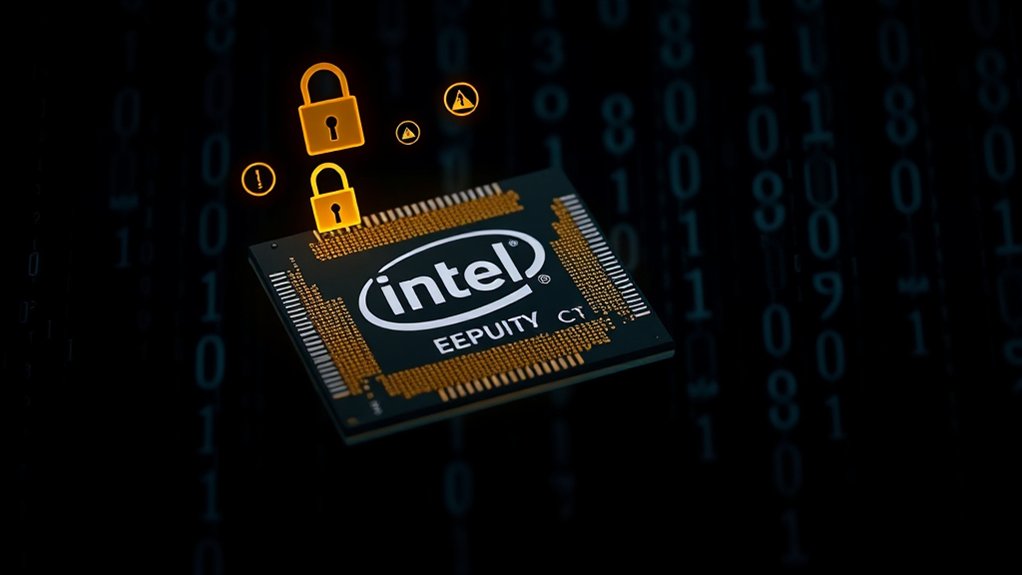Recent vulnerabilities in popular Linux distributions have raised considerable concerns regarding password security and potential data breaches. Two major vulnerabilities, identified as CVE-2025-5054 and CVE-2025-4598, allow local attackers to exploit SUID core dumps in widely used systems, including Ubuntu, Red Hat, Debian, and Gentoo. Although Debian is not vulnerable by default, as it requires manual installation of systemd-coredump, Ubuntu is heavily impacted, especially by the first vulnerability.
Attackers can trigger a crash in the privileged password-checking tool, unix_chkpwd, and afterward exploit crash-reporting utilities, such as Apport and systemd-coredump, to obtain sensitive memory dumps. A proof-of-concept has demonstrated that password hashes can be extracted during these dumps, presenting a potential security nightmare for affected users. Although these exploits necessitate local access to machines—thereby somewhat limiting their spread—enterprises operating in multi-user environments remain at heightened risk. Notably, there is a concern that crash-handling tools mistakenly send sensitive data to the attacker’s process, further exacerbating the situation. Additionally, the presence of obsolete password hashes underlines the vulnerability of systems that continue to use weak algorithms for user credentials.
The implications of these vulnerabilities include the leakage of password hashes from the /etc/shadow file, compromising the confidentiality of user credentials and possibly exposing encryption keys or customer information. Furthermore, the memory space of SUID executables becomes vulnerable, raising concerns about operational integrity and reputational damage for organizations.
Mitigation strategies include disabling SUID core dumps using the command “echo 0 > /proc/sys/fs/suid_dumpable,” alongside updating relevant systemd and crash-handling packages. Strengthening access controls is also crucial in reducing potential insider threats.
In addition, organizations should conduct regular password policy reviews and switch to strong hash algorithms, such as bcrypt or Argon2, to safeguard against brute-force attacks.
The ramifications of these vulnerabilities extend further, as they may lead to considerable operational downtime and heightened compliance risks. Failing to address these flaws risks exposing organizations to regulatory penalties, making timely response and continuous monitoring imperative in the dynamic realm of cybersecurity.









